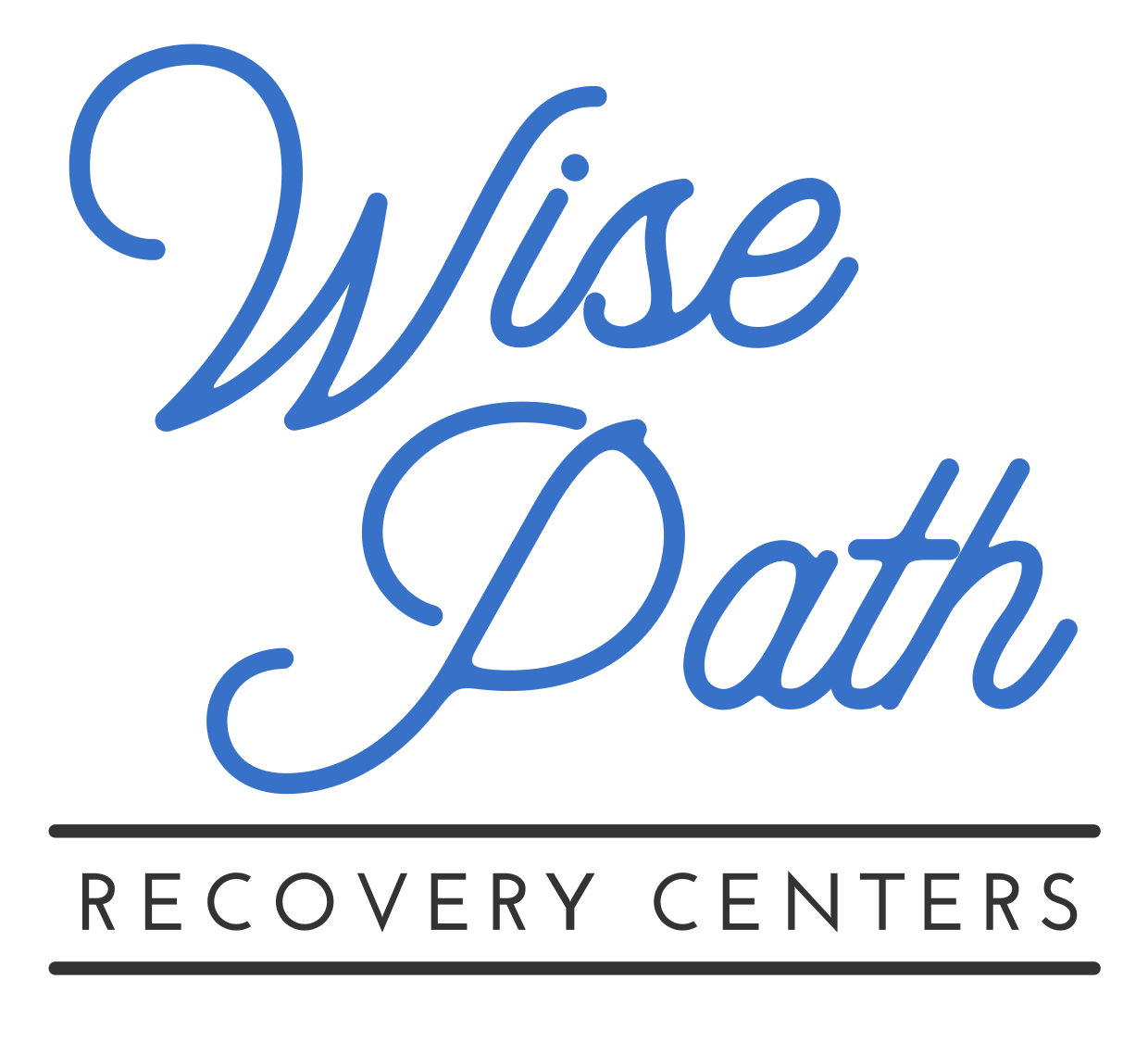Maybe we answer the question with roles and functions that we fill. For example, we might answer the question of who we are by stating that we are a parent, a husband or wife, or whatever our profession is. There’s nothing wrong with having a sense of identity from the roles at home or in our career. However, we are more than that, and when we become trapped by our self-concepts related to who we are to others versus to ourselves, then problems can ensue.
At Wise Path Recovery Centers, we help clients learn to confront and detach from unhelpful thought patterns and feelings. Through mindfulness and present-moment awareness, we guide individuals in crafting a new, positive narrative that fosters personal growth. The ultimate goal of developing these skills is to gain access to a powerful perspective known as “self-as-context,” where an entirely new outlook on life becomes possible for each person.
What is Self-As-Context?
The self-as-context perspective differs from self-as-content perspective, which is when we define ourselves by our actions and accomplishments. Looking at our self-as context provides us with another area of our consciousness that can be accessed, including the self-limiting narratives we feed ourselves on a regular basis that keeps us from our full potential
Sometimes the words we use to describe ourselves can be hurtful. Maybe we heard that we were “fat” or “dumb” when we were growing up. Maybe such words stick with us and have become part of the way we identify. Or maybe we think we are “losers” because of past failures. However, we must remember that we are conscious human beings who can observe our actions, roles, and inner dialogue. By recognizing this, we can begin to work on detaching from self-identification with our thoughts and begin to look at ourselves in a new and positive light.
This is actually a very practical and healing skill to develop. Sometimes this work can help clients learn to have self-compassion in a way that the client previously might not have been able to. Developing this more flexible sense of self also helps people more easily take the perspective of others, and thus can be an important emotional intelligence skill.
Self-as-context is one of the core processes in Acceptance and Commitment Therapy (ACT), according to Godbee & Kangas (2022). ACT is a strongly evidence-based psychotherapy with other 1,000 randomized controlled trials supporting its use, according to Hayes (2023). Wise Path Recovery Centers trains its professional clinical staff in ACT and other evidence-based cognitive therapies. These approaches can help people find and maintain recovery from substance use and other mental health disorders.
Here is an introductory self-as-context exercise you can practice.
- Begin by noticing your breathing.
Don’t worry about speeding your breathing up, or slowing it down, just notice what your breathing feels like.
Spend a minute or two just noticing your breathing
Notice how it feels cooler when you inhale, and warmer as you exhale.
Notice the brief pause between inhaling and exhaling.
Spend just another minute noticing your breathing….
- As you continue noticing your breathing, see if you can just be aware of the fact that you are noticing your breathing.
Notice that you are noticing.
Notice the part of you that is able to notice thoughts, feelings, sensations, and breathing.
Practice this exercise for a few minutes each day, gradually increasing the duration as you feel comfortable. With time and consistent practice, you may develop a greater sense of self-as-context, which can lead to increased clarity, peace, and resilience in your daily life.

